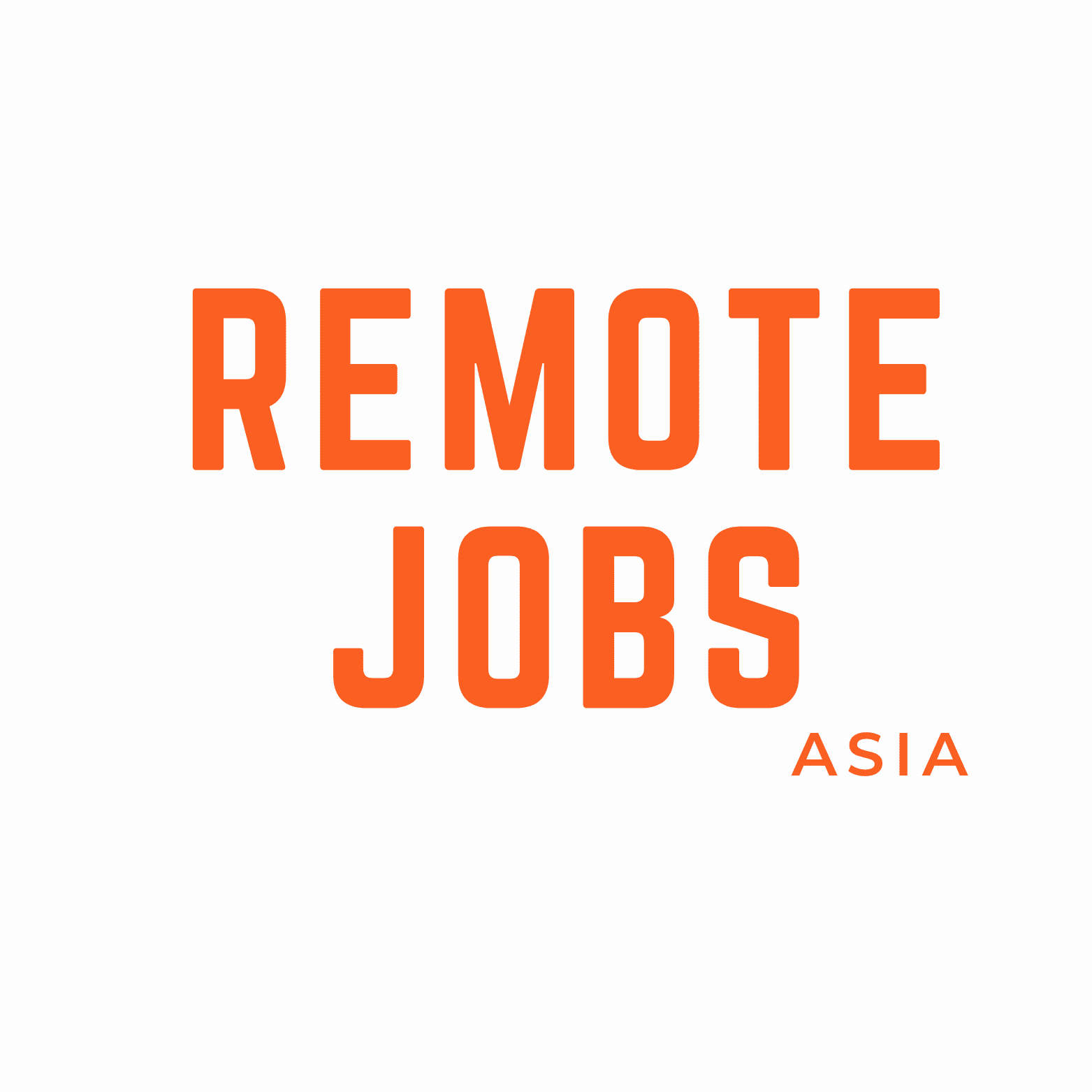Should Fresh Graduates Take Remote Jobs? A Complete Guide for New Workforce Entrants
Who This Guide Is For
This comprehensive guide addresses the most common questions new graduates and career starters ask about remote work opportunities: "Should I take a remote job as my first job?" and "How do I succeed in remote work without experience?" This resource helps fresh graduates make informed decisions about remote employment.
The Remote Work Reality for New Graduates
Why Most Companies Prefer Experienced Remote Workers
Our clients tell us that when hiring for remote positions, they prefer candidates with prior work experience, especially when recruiting internationally or across different time zones. This preference stems from practical management considerations and reduced onboarding complexity.
However, our clients may actively seek younger talent, fresh graduates, and entry-level candidates for remote roles due to:
- Budget-conscious hiring strategies
- Specific role requirements suited for junior talent e.g. marketing, use of AI
- Company culture that values fresh perspectives
Top 3 Challenges Fresh Graduates Face in Remote Jobs
The Challenge: Remote work eliminates spontaneous learning opportunities that occur naturally in office environments. New graduates miss out on:
- Immediate feedback on daily tasks
- Quick clarifying questions to supervisors
- Learning through observation of senior colleagues
- Informal skill transfer during coffee breaks or hallway conversations
Impact on Career Development: Studies indicate that entry-level remote workers report having fewer learning touchpoints compared to their in-office counterparts.
2. How Can I Build Professional Relationships Remotely?
The Challenge: Building a professional network and understanding company culture becomes significantly more difficult when working remotely full-time. Key relationship-building barriers include:
- Limited informal interactions with colleagues
- Difficulty accessing informal mentorship opportunities
- Reduced visibility to senior leadership
- Higher risk of professional isolation affecting job satisfaction and performance
Long-term Career Implications: Remote workers who struggle with relationship building often experience slower career progression and reduced internal mobility opportunities.
3. Do I Have the Self-Discipline for Remote Work?
The Challenge: Remote positions demand advanced soft skills that many new graduates are still developing:
- Strong self-motivation and intrinsic drive
- Advanced time management capabilities
- Independent problem-solving abilities
- Results delivery with minimal supervision
- Structured work-from-home routines
How to Succeed in Remote Work as a Fresh Graduate: 6 Proven Strategies
1. Leverage Your Internship Experience
Draw from previous workplace exposure: Apply communication patterns and professional behaviors learned during internships
Reference familiar work structures: Use internship experiences to establish productive remote work routines
2. Proactively Seek Feedback and Learning Opportunities
Schedule regular check-ins: Request weekly or bi-weekly one-on-one meetings with your supervisor
Create feedback loops: Ask specific questions like "What could I improve in this deliverable?" rather than general "How am I doing?"
Document learning goals: Take charge of your own learning. Maintain a professional development tracker to discuss progress during reviews
3. Be Strategic About Relationship Building
Initiate help requests: Actively reach out to colleagues when you need assistance—this builds natural working relationships
Engage personally during meetings: Use the first few minutes of video calls to connect on personal topics when appropriate
Join virtual social initiatives: Participate in online team building, virtual coffee chats, or company social channels
4. Advocate for In-Person Opportunities
Best Practice: Propose meeting your core team at their home location 1-2 times per year if budget and logistics allow. Many companies appreciate proactive suggestions that demonstrate commitment to team integration.
5. Develop Remote Work Systems Early
Create structured daily routines: Establish consistent work hours and break schedules
Set up dedicated workspace: Invest in proper home office equipment and environment
Use productivity tracking tools: Implement time management systems to demonstrate accountability
6. Assess Your Remote Work Readiness
Before accepting a remote position, honestly evaluate:
Your learning preferences: Can you learn effectively through written instructions and video calls?
Your career timeline: Will this role provide the growth trajectory you need?
Your personal work style: Do you thrive with independence or prefer collaborative environments?
The Bottom Line for Fresh Graduates Considering Remote Jobs
A full-time remote position as a first job presents both significant opportunities and unique challenges. Success depends largely on your individual work style, the company's remote culture, and your proactive approach to professional development.
Consider remote work if you:
Have strong self-motivation and time management skills
Are comfortable with digital-first communication
Can advocate for your learning and development needs
Have identified a role or company that aligns strongly with your career goals
Consider in-person or hybrid options if you:
Learn best through observation and informal interactions
Prefer frequent face-to-face feedback and guidance
Are still developing self-discipline and independent work habits
Value spontaneous collaboration and relationship building
The key to success in any remote role—especially as a fresh graduate—is intentional relationship building, proactive communication, and honest self-assessment of your remote work capabilities.
About Remote Jobs Asia
We are a recruitment agency based in Singapore. We specialize in helping companies hire overseas remote talent effectively. If you’re exploring remote jobs, career opportunities or building a distributed remote team, we can support you with insights and recruitment strategies tailored to your needs. Contact Remote Jobs Asia today!

